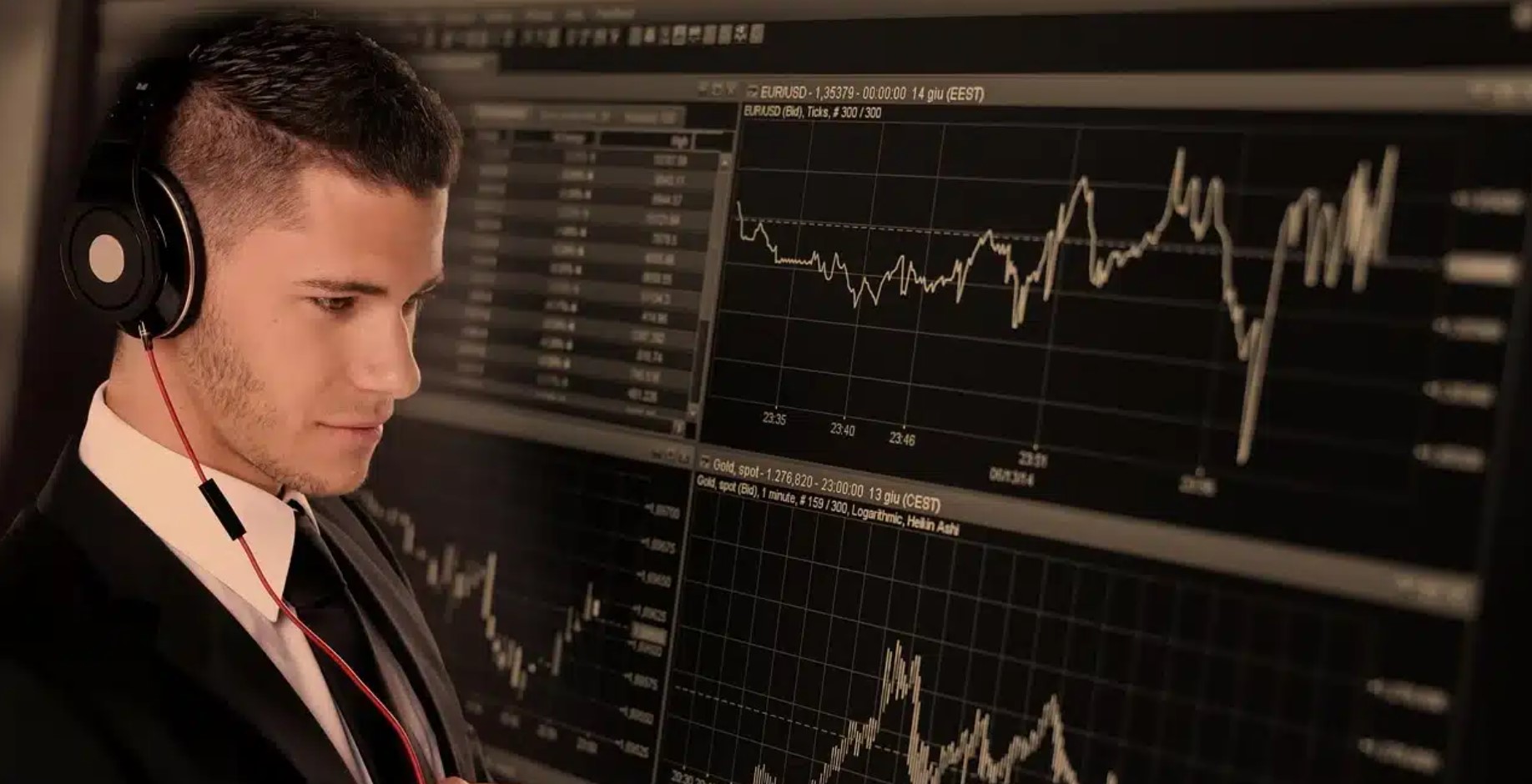Brokers play a pivotal role in ensuring the smooth functioning of the market. They act as intermediaries between retail traders and the vast global currency exchange market. However, their responsibilities go beyond facilitating trades; brokers also play a crucial role in market regulation. In this article, we will delve into the multifaceted role of brokers in regulating the Forex market.
Understanding Forex Market Regulation
What is Forex Market Regulation?
Forex market regulation involves overseeing and controlling the operations of the foreign exchange market to maintain fair and transparent trading conditions. This regulatory framework aims to protect traders, investors, and the market as a whole from fraudulent activities and unethical behavior.
The Forex market is decentralized and operates 24 hours a day, making it susceptible to various risks. Therefore, regulatory bodies worldwide have established stringent rules and guidelines to govern the conduct of market participants. These regulations ensure that the Forex market remains a level playing field for traders, irrespective of their experience or financial capacity.
Regulatory authorities such as the Financial Conduct Authority (FCA) in the United Kingdom and the Commodity Futures Trading Commission (CFTC) in the United States oversee and enforce these regulations. They monitor broker activities, set capital requirements, and implement measures to safeguard the interests of traders and investors.
Brokers as Market Facilitators
One of the primary roles of Forex brokers is to facilitate trades. They provide a platform for traders to buy and sell currency pairs. Brokers offer various trading accounts and tools that cater to the diverse needs of traders, ensuring accessibility and ease of trading.
Tools and Features Offered by Forex Brokers:
| Tool/Feature | Description | Benefits |
| Trading Platforms | Advanced platforms like MetaTrader 4 (MT4) and MetaTrader 5 (MT5) with charting and technical analysis tools. | Precise analysis and order management. |
| Leverage Options | Flexible leverage ratios allowing control of larger positions with a smaller capital outlay. | Enhanced profit potential. |
| Educational Resources | Webinars, tutorials, and market analysis to help traders improve their skills. | Informed decision-making. |
Market Liquidity
Brokers contribute to market liquidity by connecting buyers and sellers. Their vast network of clients ensures that there is a constant flow of orders, preventing market stagnation. This liquidity is essential for smooth market operations.
Market liquidity in the Forex market is a vital factor that impacts price stability and trade execution. When liquidity is high, spreads tend to be narrower, benefiting traders with lower transaction costs. Brokers actively manage their liquidity pools to ensure that orders are executed swiftly and at competitive prices.
Furthermore, brokers offer different types of trading accounts, each with varying levels of liquidity access. Traders can choose accounts that align with their trading styles and objectives, whether they prefer tight spreads and fast execution or lower trading costs with wider spreads.
Ensuring Fair Practices
Transparent Pricing
Forex brokers are responsible for offering transparent pricing to traders. They display real-time exchange rates and spreads, ensuring that traders have access to accurate information. This transparency is crucial for maintaining trust in the market.
Components of Transparent Pricing:
- Bid and Ask Prices: Brokers display both bid and ask prices for currency pairs, allowing traders to see the current market rates.
- Spread Disclosure: Transparent brokers clearly state the spreads, which represent the cost of executing a trade.
- Real-time Market Data: Providing live market data ensures that traders have access to the most up-to-date information.
Order Execution
Brokers are accountable for executing traders’ orders promptly and at the best available prices. They should not manipulate prices or delay order execution to gain an unfair advantage. This ensures a level playing field for all traders.
Aspects of Order Execution Transparency:
- Best Execution Policies: Regulated brokers have best execution policies in place to ensure that client orders are filled at the most favorable prices available in the market.
- Slippage Handling: Brokers disclose their slippage policy, explaining how they handle orders during volatile market conditions.
- Order Confirmation: Traders receive order confirmations that detail the executed prices, ensuring transparency in the execution process.
By adhering to these principles of transparency, brokers foster trust among traders and contribute to fair and ethical practices within the Forex market.
Regulatory Compliance
Licensing and Regulation
Forex brokers must adhere to regulatory standards set by authorities in the countries where they operate. This includes obtaining licenses and complying with stringent regulations. Regulatory bodies, such as the Financial Conduct Authority (FCA) in the UK or the Commodity Futures Trading Commission (CFTC) in the US, monitor and oversee broker activities.
Client Fund Protection
Brokers are obligated to segregate client funds from their operational funds. This safeguard ensures that clients’ money remains secure, even if the broker faces financial difficulties.
Preventing Fraud and Scams
Anti-Money Laundering (AML) Measures
Forex brokers place a significant emphasis on implementing Anti-Money Laundering (AML) measures to prevent money laundering and illegal financial activities within the Forex market. Money laundering involves the process of disguising the origins of illegally obtained money, making it appear as if it came from legitimate sources. To counteract this, brokers take several important steps.
First and foremost, brokers conduct thorough due diligence on their clients. This means that when clients sign up to trade with a broker, they are required to provide detailed information about their identity, the source of their funds, and the purpose of their trading activities. This information is verified to ensure that clients are who they claim to be and that their funds are acquired through lawful means.
Furthermore, brokers actively monitor transactions and trading activities to identify any suspicious behavior. If a client’s activities raise red flags, such as engaging in unusually large transactions or frequent deposits and withdrawals, the broker is obligated to report these activities to relevant authorities. This collaboration with law enforcement agencies helps track down and apprehend individuals involved in money laundering and other illegal financial activities.
Fraud Prevention
Brokers play a pivotal role in preventing fraudulent activities within the Forex market. Forex fraud can take various forms, including Ponzi schemes, signal seller scams, and fake brokerages. To protect traders from falling victim to such scams, brokers employ several mechanisms and practices.
One of the key aspects of fraud prevention is the verification of the legitimacy of Forex brokers themselves. Reputable brokers are regulated by financial authorities, and they provide detailed information about their regulatory status on their websites. Traders are encouraged to verify a broker’s credentials before opening an account to ensure they are dealing with a trustworthy entity.
Additionally, brokers often offer educational resources to traders to help them recognize and avoid common scams. These resources may include articles, webinars, and guides on identifying fraudulent schemes and protecting oneself from financial scams.
Moreover, brokers have mechanisms in place to detect and report any suspicious behavior among their clients. This includes monitoring for unusual trading patterns or practices that may indicate fraudulent intent. By promptly identifying and reporting suspicious activities, brokers contribute to maintaining the integrity of the Forex market and protecting traders from financial scams.
Educating Traders
Providing Educational Resources
Many Forex brokers offer educational resources to help traders improve their knowledge and skills. This includes webinars, tutorials, and market analysis. Informed traders are less likely to fall victim to unethical practices.
In the dynamic world of Forex trading, brokers are not just intermediaries; they are key players in regulating the market. Their roles encompass facilitating trades, ensuring fair practices, complying with regulations, preventing fraud, and educating traders. The Forex market’s integrity and transparency heavily rely on the responsible actions of these brokers.
5 Unique FAQs
- Are all Forex brokers regulated?
- No, not all Forex brokers are regulated. It’s crucial to choose a broker that is licensed and regulated by a reputable authority to ensure your funds’ safety.
- How can I verify a broker’s regulatory status?
- You can verify a broker’s regulatory status by checking with the relevant regulatory authority or visiting the broker’s official website, where they usually display their licensing information.
- Can Forex brokers manipulate prices?
- Regulated Forex brokers are prohibited from manipulating prices. They must provide fair and transparent pricing to their clients.
- What should I do if I suspect fraudulent activity with my broker?
- If you suspect fraudulent activity with your broker, report it to the regulatory authority and cease trading with that broker immediately.
- Are there any risks associated with trading Forex?
- Yes, there are risks associated with Forex trading, including the risk of losing your invested capital. It’s essential to educate yourself and use risk management strategies when trading in the Forex market.

